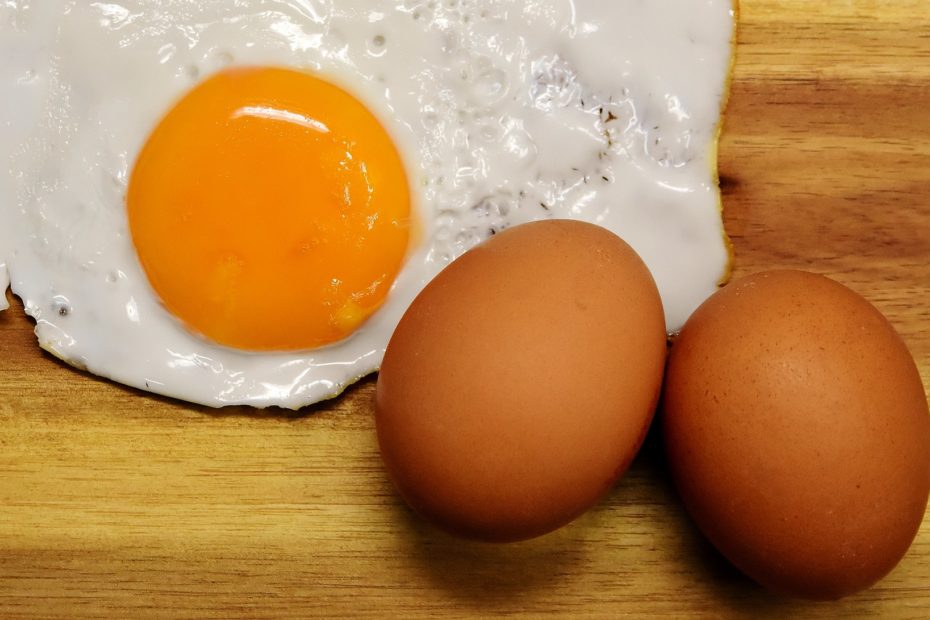If you’re reading this, you’re probably not eating enough protein. Most people don’t eat enough protein.
Are you eating enough protein to survive? Sure.
Are you eating enough protein to actually meet your health and fitness goals? Unlikely.
Whether your goal is to gain strength, build muscle, or lose fat, eating adequate protein is essential. For most people, that means about .8 to 1 gram of protein per pound of bodyweight. (If you are obese, you’ll want to go based off of your lean body mass instead of bodyweight.) If you are 150 pounds, for example, that would mean 120g to 150g of protein per day. If that sounds like a lot, that’s because it is. Below are some ways to make hitting your protein goals a little easier!
Focus on Breakfast
Breakfast tends to be the most carb-heavy meal of the day. Breakfast often means pancakes, waffles, bagels, or toast. And while those things can certainly be a part of your breakfast, including a protein source with your morning meal will set you up for success. If you don’t eat any protein for breakfast, you’ll feel like you’re playing catch up for the rest of the day.
Eggs (especially egg whites) and lean meats are great options and can always be prepared in advance. If you find yourself in a time crunch, greek yogurt, oats mixed with protein powder, and protein bars all work.
Choose Protein Sources that are Actually High in Protein
You might be surprised by how many “protein sources” actually don’t contain much protein at all. We often think of foods like peanut butter, beans, and quinoa as high protein foods, but the truth is that peanut butter is higher than fat than in protein. Beans and quinoa are higher in carbs than in protein. These sources can contribute to your daily protein intake, but if you rely on these foods, you’ll have trouble reaching your goals without eating too many calories. Instead, try reaching for lean meats, egg whites, non fat yogurts, cottage cheese, seitan, and tofu. These foods are higher in protein without extra calories from fat and carbohydrates!
Prioritize Whole Foods and Add in Convenience Items as Needed
In a perfect world, we would get all of our protein in from minimally processed sources. Unfortunately, those foods tend to be more time consuming to prepare and difficult to transport. Try to eat as much protein as possible from whole food sources, but supplement with protein enriched products as necessary. Here are some options I love for snacking and quick meals:
- Protein powders (Whey protein is best, just make sure it’s third party tested.)
- Banza Chickpea Pasta (and Mac & Cheese!)
- Magic Spoon Cereal
- Dried edamame
- Flex Protein Chips
Try Implementing One Tip This Week!
Inadequate protein consumption is often the missing link people need to get the results they want. Adding in a high protein meal at the start of your day, paying attention to the protein content in your foods, and setting yourself up for success with convenience foods should have you on track to meet your goals!
